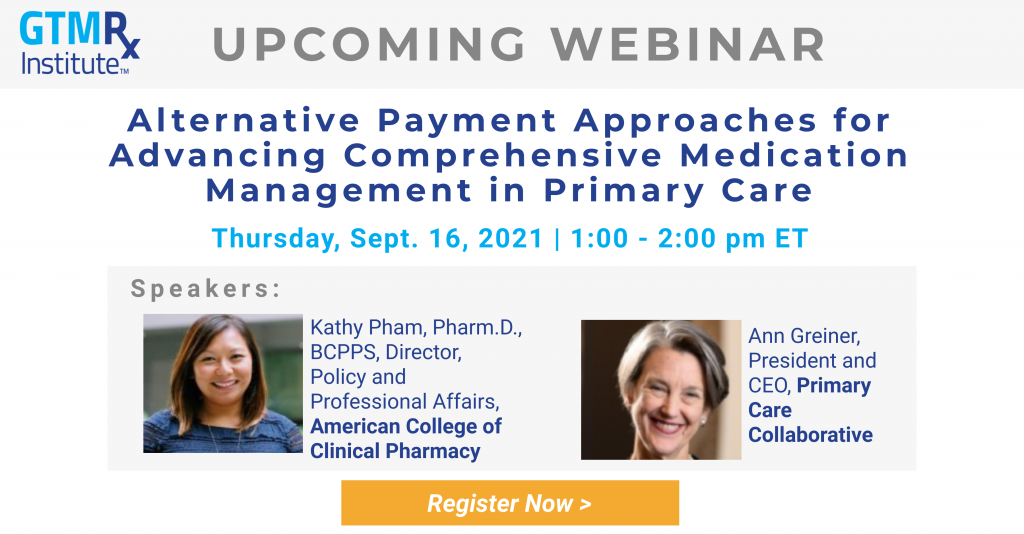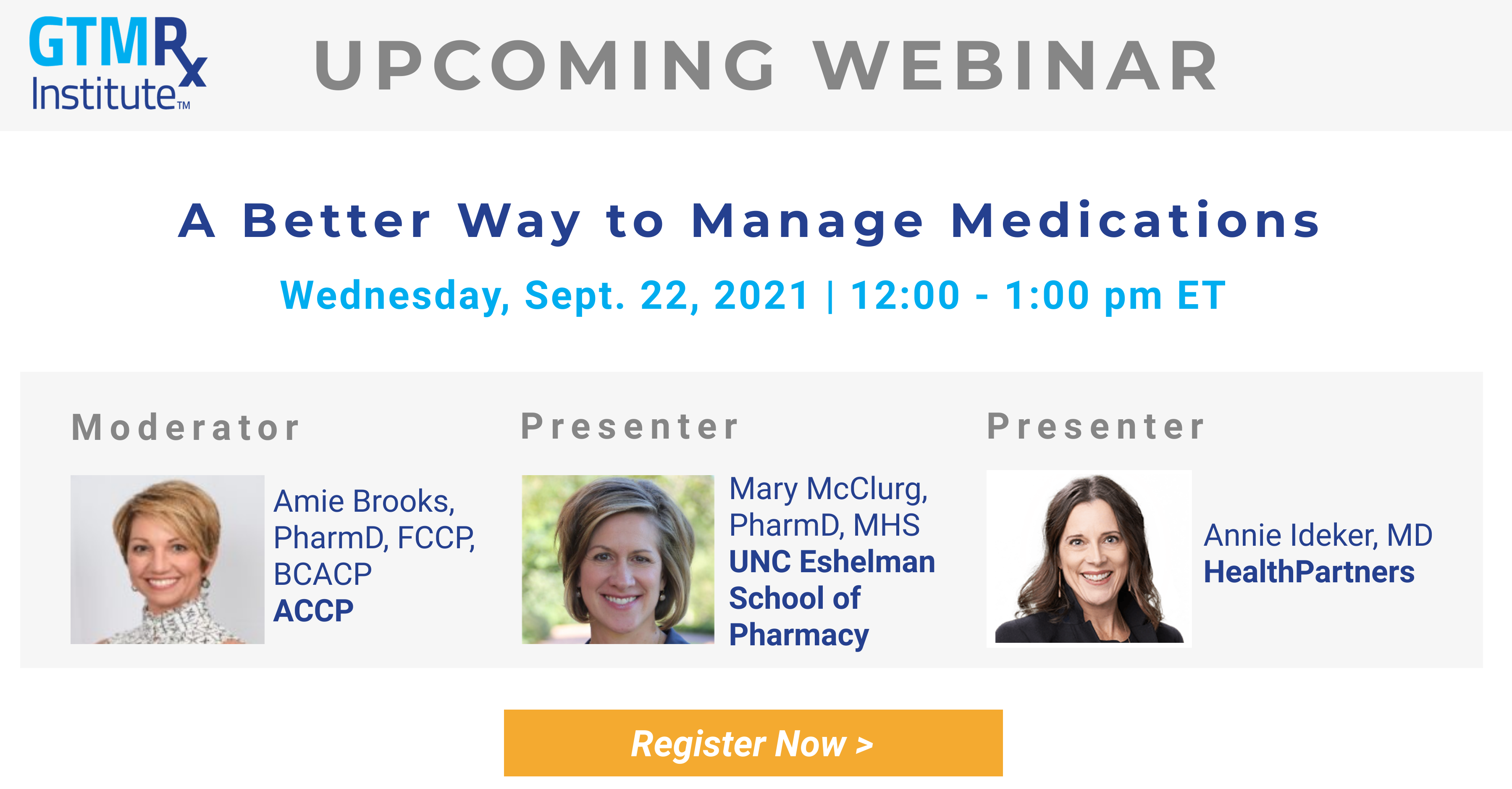Practice Transformation
Mayo’s remote monitoring success
Mayo Clinic’s COVID-19 Remote Patient Monitoring (RPM) Program has served more than 7,000 patients across 41 states, and it may be a model for others. A recent study found that a multisite RPM program for management of acute COVID-19 “is feasible, safe, and associated with a low mortality rate.” The study also demonstrates the efficacy of incorporating interventions that support patient access and engagement and mitigate digital health disparities: The program had an overall patient engagement rate of 79%. (Mayo announcement; NPJ Digital Medicine)
Colo. offers practical COVID support for PCPs
Colorado is offering primary care practices grants of between $60,000 and $120,000 to help them administer COVID-19 vaccines to residents. Funded by Colorado Department of Public Health and administered by the Colorado Health Institute, the COVID-19 Primary Care Vaccination Program aims to increase engagement and enrollment of primary care providers in Colorado’s COVID-19 vaccination program. “We know primary care providers are among the most trusted source of information on vaccines and are instrumental in overcoming vaccine hesitation,” said Dr. Aaron Shupp, a family medicine specialist at Rocky Mountain Primary Care. (KUSA 9News)
Evidence & Innovation
HHS drug plan links payments to clinical value
Thursday, HHS released its plan for lowering drug costs. Among other things, the plan would test value-based payment models for Medicare Part B drugs, in which payment is directly linked to the clinical value they provide patients. The CMS Innovation Center would be authorized to create small-scale mandatory models that link payments for drugs and biologics to metrics that include “improved patient outcomes, reductions in healthcare disparities, patient affordability and lower overall costs.” The plan would also allow HHS to negotiate lower prices for Medicare Part B and Part D drugs. (Becker’s Hospital Review; Fierce Healthcare; HHS announcement and link to plan)
Lack of interoperability between EHR, e-prescribing
Having a prescription filled automatically when a provider enters it into a patient’s EHR is convenient and efficient, but there’s a problem: Many widely used e-prescription platforms fail to stop dispensing prescriptions when physicians discontinue them. A commentary in JAMA Internal Medicine takes on this issue, describing the case of a 69-year-old patient who was hospitalized after continuing to receive refills of a prescription her physician had canceled in the EHR. (JAMA Internal Medicine; Becker’s Health IT)
PBMs’ latest move raises issues of cost, transparency
PBMs are adding another intermediary to negotiate rebates and contract with drugmakers. Pharmacists and businesses are concerned. “You’re taking an industry that already has a middleman, and you’re adding yet another middleman, and the incentive for both of these middlemen is to extract the highest value for their corporation, which will invariably force the cost of drugs up,” say Lynne Fruth, of the multi-state Fruth Pharmacy. James Gelfand, SVO of the ERISA Industry Committee, also has questions about adding another entity into the mix: “Is that going to make it that much harder for us to track where these rebates are actually going?” (Ohio Capital Journal)
Policy Solutions
MSSP ACOs save $4.1B, deliver quality
The Medicare Shared Savings Program saved Medicare $4.1 billion in 2020, and $1.9 billion after accounting for shared savings payments, according to the National Association of ACOs. Participating ACOs also hit an average quality score of 97.8%, and 60 ACOs earned a perfect score of 100. NAACOS also points to analyses that indicate ACOs are lowering Medicare spending by 1% to 2%, which translates into tens of billions of dollars when compounded annually. (Healthcare Finance)
Note: sources that have an asterisk require login to view the article.
In Case You Missed It!
The GTMRx Payment and Policy Solutions Workgroup has submitted Physician Fee Schedule Comments to the Centers for Medicare & Medicaid Services (CMS). This proposed rule updates payment policies, payment rates and other provisions for services furnished under the Medicare Physician Fee Schedule (PFS) on or after January 1, 2022; you can find the announcement about the PFS here.
Leadership from GTMRx’s PGx Payment and Policy Taskforce and Payment and Policy Solutions Workgroup have created 5 policy recommendations on PGx + CMM that policymakers should consider to ensure that patient medications are managed safely and effectively based on the unique characteristic of an individual patients’ genetic profile, including:
- Add the assessment of patient medications and drug-gene interactions to Medicare (Welcome to Medicare visit) and Medicaid benefits,
- Require CMS to reimburse preemptive multi-gene panel testing as one single test with one standard compensation code,
- Require CMS to reimburse members of the care team trained to evaluate/manage all medications based on patient’s genotype, multi-drug interactions, Rx metabolism, etc.,
- Direct the National Quality Forum (NQF) to review and make recommendations on drug-gene interaction efficacy and safety checks prior/post admin of drugs within CMM,
- Recommend the U.S. Preventive Services Task Force evaluate evidence of PGx testing and CMM, for drugs with known drug-gene interactions, as a preventive health care practice that addresses patient outcomes/medical expenditures and that should be covered by ACA plans.
In addition to development of Vaccine Confidence Leagues (VCLs) and community-building activities, the task force’s recommendations include:
- Accelerated approval of vaccines
- Public education
- Payment reform
- Improved vaccine access for primary care practices
- More effective immunization information systems (IIS)
- No cost-sharing for certain patients
- Enhanced diversity, inclusion, and equity
Find the report Frequently Asked Questions here.
Read the report here.
|
AmazonSmile is an easy way for 0.5% of your qualified purchases go to the GTMRx Foundation at no cost to you. And signing up is simple—go to smile.amazon.com and select “Get the Medications Right Foundation” as your charity of choice. If you prefer to directly donate instead, you can do so here.
Adding the foundation on AmazonSmile will help us continue to provide no cost educational webinars, issue briefs, weekly news briefs and promote the need for transformation of our current system of medication use through social media campaigns.




 Join us to be part of meaningful change
Join us to be part of meaningful change
